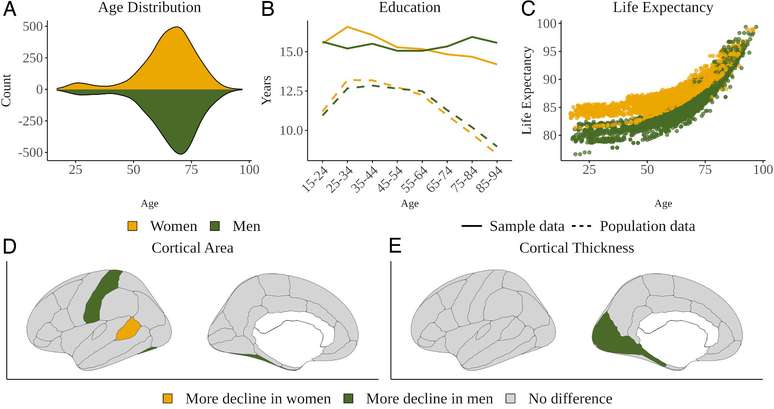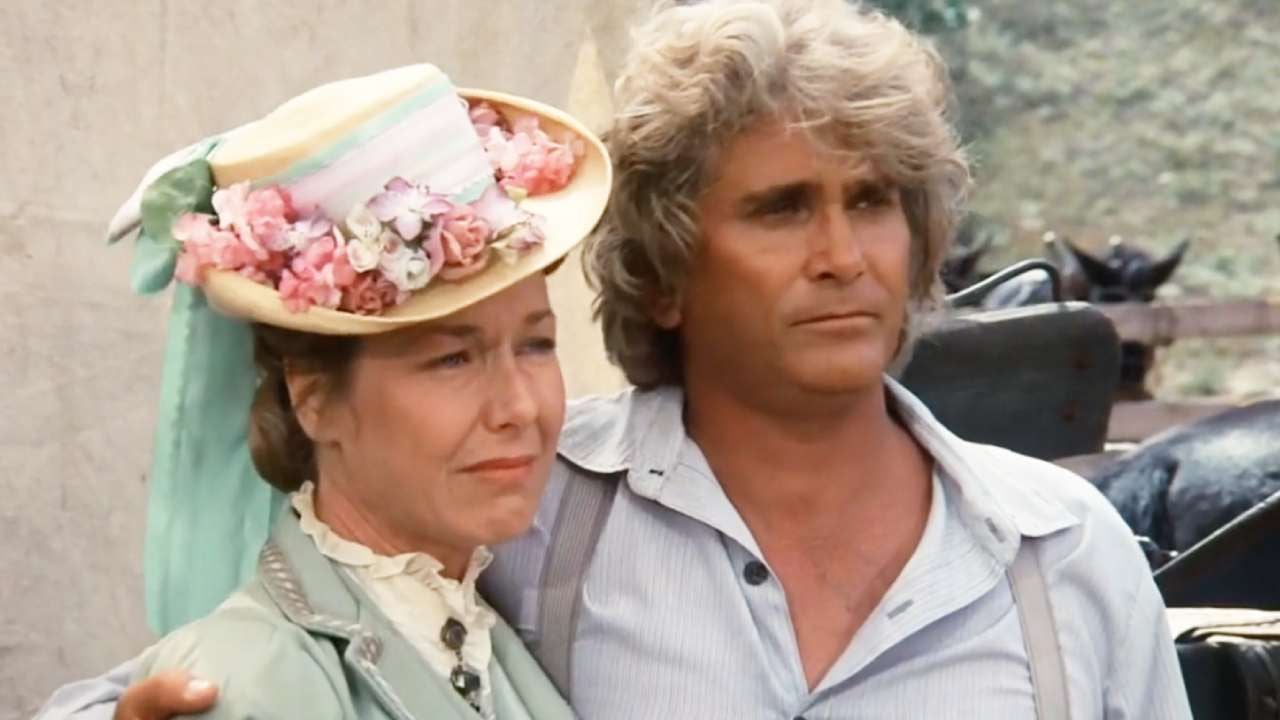Learn about the health benefits of coffee, why it increases the desire to have a bowel movement, what the negative impacts of drinking are, and how to drink in moderation
Part of Brazil’s history and economy, coffee is also in people’s hearts — and in their cups. The drink is the second most consumed in Brazil, second only to water. It even has a date to call its own, which is celebrated all over the world: April 14, World Coffee Day.
Like everything, the problem is in excess. When consumed in moderation, coffee has health benefits. “Caffeine blocks the effects of adenosine, the hormone responsible for increasing feelings of tiredness, as well as increasing the activity of dopamine, which stimulates the brain, improving mood, concentration and alertness,” says Carolina Tavares, nutritionist of Vitamine up.
And the benefits don’t end there. Thanks to its stimulating effect on the central nervous system (CNS), caffeine can also improve physical performance during exercise. “Caffeine increases heart rate and increases blood pressure, which causes more blood, rich in oxygen and nutrients, to reach the muscle cells more quickly. It also promotes the use of fat as an energy source, saving fuel (glycogen) for the muscles, which helps reduce fatigue, promoting performance”, completes the specialist.
More reasons to grab a cup of coffee
Functional nutritionist Cris Ribas Esperança also highlights other positive aspects that justify the popularity of the drink. He discovers other benefits of coffee:
1. May Improve Physical And Mental Performance: the caffeine in coffee is a natural stimulant that can improve physical and mental performance. It can increase energy, alertness and concentration.
2. May Help With Weight Loss: the caffeine in coffee can increase your metabolic rate and help burn fat. Furthermore, coffee is a calorie-free drink, as long as no sugar or other caloric additives are added.
3. May Reduce The Risk Of Chronic Diseases: some studies suggest that moderate coffee consumption may reduce the risk of several chronic diseases such as heart disease, type 2 diabetes, and neurodegenerative diseases such as Alzheimer’s and Parkinson’s.
4. May Be Rich In Antioxidants: coffee contains several antioxidants that can protect the body’s cells from damage caused by free radicals. Some studies suggest that coffee may be a major source of antioxidants in the Western diet, the expert points out.
Coffee May Prevent Acute Kidney Injury (AKI)
A study published in the medical journal Kidney International Reports found that regular coffee consumption can reduce the risk of AKI. “Common mainly in hospitalized people, acute kidney injury is characterized by the sudden loss of the ability of the kidneys to perform basic functions such as filtering waste and harmful substances from the blood,” explains nephrologist Dr. Caroline Reigada, specialist in intensive care medicine at the Brazilian Association of Intensive Care Medicine.
“Caused by lesions and blockages in the kidney and reduced blood supply to the organ, AKI has initial symptoms of fluid retention and decreased urine output, and can also cause fatigue, lack of appetite and shortness of breath, nausea, and confusion in more cases. serious. And the disease requires intensive treatment, as it can be fatal, but it is reversible depending on the state of health of the patient”, he concludes.
Researchers analyzed data from 14,000 adults and concluded that people who drink any amount of coffee have a lower risk of developing acute kidney injury than those who don’t consume the beverage. They observed a 15% lower risk of AKI in individuals who consumed any amount of coffee than in those who did not.
Why does coffee increase the urge to defecate?
Those who are coffee fans know that it is common to feel like going to the bathroom after consuming the drink. This happens because caffeine can increase the activity of the nervous system and gastrointestinal tract. It encourages the colon, which is the end of the large intestine, to contract faster and harder. This increases the rate at which food is moved through the intestines, which can lead to the urge to have a bowel movement.
In addition, coffee is rich in chlorogenic acid, which, by suddenly lowering the gastric pH, intensifies the gastrocolic reflex – an increase in muscle movement in the gastrointestinal tract when food enters on an empty stomach. It can cause the urge to have a bowel movement (to have a bowel movement).
Nutritionist Cris Ribas Esperança explains that coffee also stimulates the production of hydrochloric acid in the stomach, which can increase intestinal motility and mucus production in the intestines. This increased mucus production can help lubricate the lining of the intestines and make stool easier to pass.
However, it’s important to remember that the reaction to drinking coffee can vary from person to person. Some people may not feel any effects on their gastrointestinal tract, while others may experience discomfort or even diarrhea after consuming coffee.
Excess is bad
It is important to underline that, even if it brings health benefits, excessive coffee consumption is harmful to the body. Cris lists the main harms associated with high caffeine intake:
1. Can Cause Anxiety And Nervousness: excessive coffee consumption can cause anxiety and nervousness, especially in people who are sensitive to caffeine.
2. Can Lead To Insomnia: the caffeine in coffee can affect sleep, making it harder to fall asleep or stay asleep. This can be especially problematic if coffee is consumed in the evening.
3. May Increase Heart Rate: excessive coffee consumption can increase heart rate and lead to rapid heartbeat in some people.
4. Can Be Addictive: Caffeine is a psychoactive substance and can lead to addiction in some people. This can lead to withdrawal symptoms such as headaches, fatigue and irritability.
5. May Interfere With Nutrient Absorption: excessive coffee consumption can interfere with the absorption of some nutrients, such as calcium, iron and zinc, in some people.
How to drink coffee in a balanced way
No need to give up drinking, just consume in moderation. The nutritionist provides some tips that can help with this. Watch:
1. Limit The Amount Of Coffee You Drink: Moderate coffee consumption is generally considered safe for most people. The general recommendation is to consume up to 400 mg of caffeine per day, which is equivalent to about 4 cups of coffee.
However, it’s important to remember that the amount of caffeine in coffee can vary greatly depending on the variety and brewing method. Therefore, it’s important to pay attention to the amount of caffeine you’re consuming.
2. Avoid Adding Sugar Or Other Calorie Additives: Cris points out that coffee itself is a healthy drink with no calories, but when we add sugar, cream, milk or other calorie additives, we can undermine the health benefits of coffee. If you want to add some flavor to your coffee, try using fat-free or lactose-free milk or natural sweeteners like stevia.
3. Don’t drink coffee at night: caffeine can affect sleep, so avoid consuming coffee in the evening, especially if you’re already having trouble sleeping. If you need a warm drink before bed, try caffeine-free herbal teas.
4. Drink Water: coffee is a diuretic, which means it can lead to dehydration. Make sure you drink enough water throughout the day to avoid dehydration and keep your body hydrated.
5. Consider Other Sources Of Antioxidants: Coffee is a major source of antioxidants in the Western diet, but there are other sources of antioxidants you can include in your diet, such as fruits, vegetables, and herbal teas.
Source: Terra
Ben Stock is a lifestyle journalist and author at Gossipify. He writes about topics such as health, wellness, travel, food and home decor. He provides practical advice and inspiration to improve well-being, keeps readers up to date with latest lifestyle news and trends, known for his engaging writing style, in-depth analysis and unique perspectives.







![Tomorrow belongs to us: What awaits you in the episodes of 2052 and 2053 on October 15, 2025 [SPOILERS] Tomorrow belongs to us: What awaits you in the episodes of 2052 and 2053 on October 15, 2025 [SPOILERS]](https://fr.web.img6.acsta.net/img/39/95/3995a2d00abbf3c01161818d01a95388.jpg)

